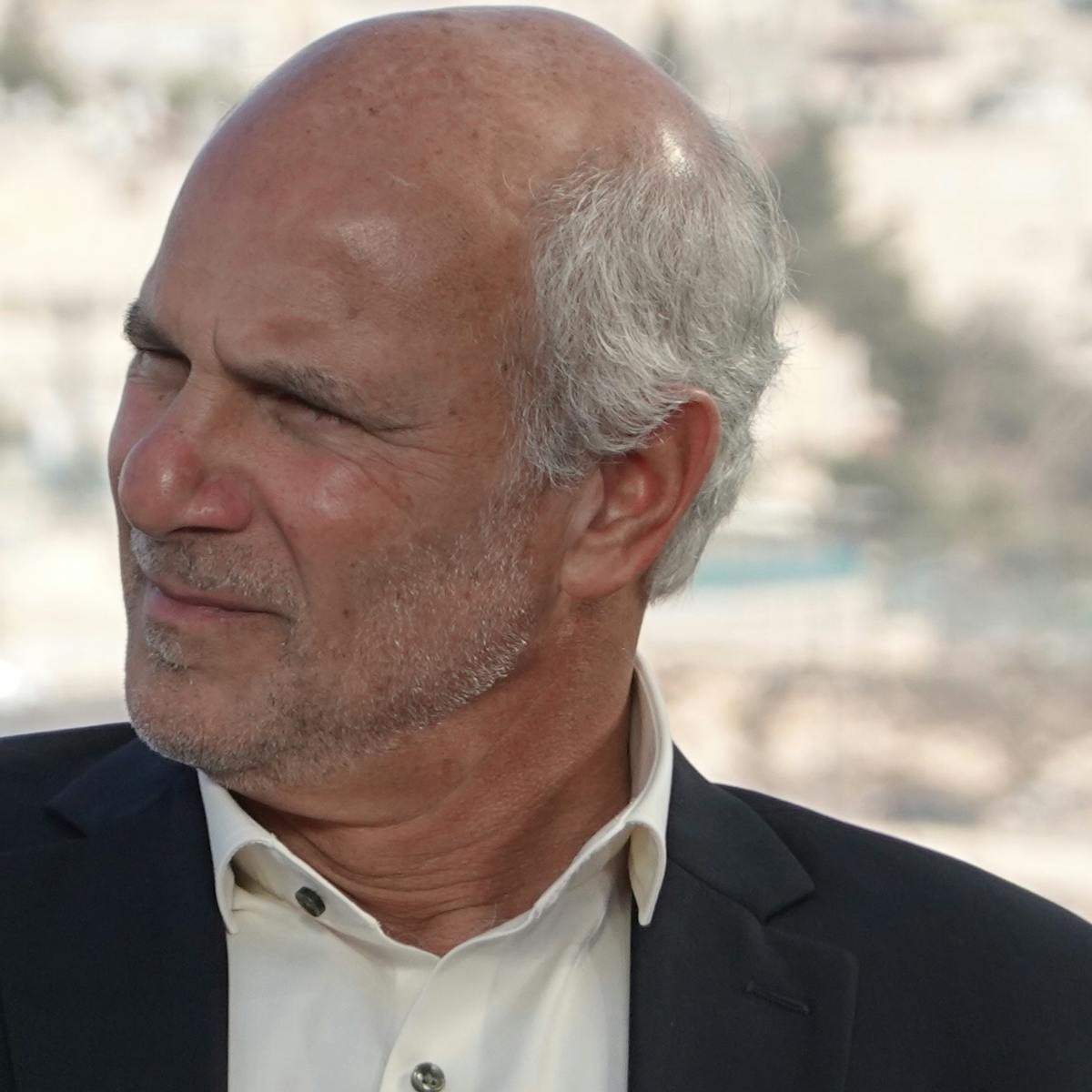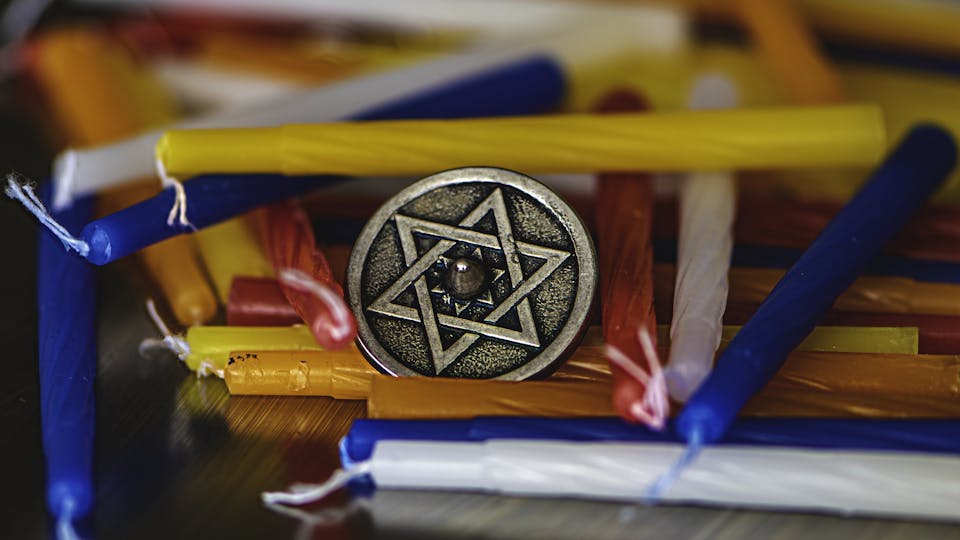Hanukkah | Time of Dedication

This week starts the eight-day celebration of the festival of Dedication, or Hanukkah in the Hebrew language. While it is not one of the seven Feasts of the Lord that God commanded Moses and Israel to observe, it is nevertheless an important observance commemorating God’s miraculous intervention in the affairs of His people for the sake of His plan of salvation for all nations.
Though not mentioned in the Hebrew Old Testament Scriptures, this feast is recorded in the Gospel of John chapter 10 recounting Jesus’ powerful discourse at the Jerusalem Temple that almost got Him stoned to death on the spot. “…Now it was the Feast of Dedication in Jerusalem, and it was winter. And Jesus walked in the temple, in Solomon’s porch. Then the Jews surrounded Him and said to Him, ‘How long do You keep us in doubt? If You are the Christ, tell us plainly.’
“Jesus answered them, ‘I told you, and you do not believe. The works that I do in My Father’s name, they bear witness of Me. But you do not believe, because you are not of My sheep ... My sheep hear My voice, and I know them, and they follow Me. And I give them eternal life, and they shall never perish; neither shall anyone snatch them out of My hand. My Father, who has given them to Me, is greater than all; and no one is able to snatch them out of My Father’s hand. I and My Father are one. Then the Jews took up stones again to stone Him ...”
No doubt, the religious leaders who listened to Jesus during that historic Hanukkah visit to the Temple 2,000 years ago were deeply angered by His claim to be “one with the Father,” a blasphemy according to Jewish law, yet a statement which was more true than any of them could imagine on that day.

What is Hanukkah all about?
This winter holiday is a commemorative celebration for the rededication of the Temple following the Maccabean revolt and victory over the Seleucid Greek Empire.
This pagan empire oppressed the people of Israel and attempted to wipe them off the face of the earth through assimilation by destroying their faith in the One True God and banning worship and observances of biblical traditions.
The priestly Hasmonean family launched a guerilla revolt in the hill country of Judea that quickly spread throughout the land, engaging in a desperate fight that had to be won if Israel was to maintain her unique God-given identity, evade assimilation, and be present in the Land of Israel as a Jewish nation in order to bring forth the Messiah, Jesus of Nazareth, who was to be born to a Jewish mother from the royal line of David just a few years later.
The actual celebration commemorates the historic account of how the Syrian king Antiochus forbade true worship of the God of Israel, defiled the Jerusalem Temple with swine sacrifices, and placed his own statue there to be worshiped. This hideous act opposed the clear instruction of the Ten Commandments saying, “Thou shalt have no other gods before Me!”
Led by Judah the Maccabee (“The Sledge Hammer” in Hebrew), Jewish freedom fighters revolted against Antiochus’ mighty military machine, fought bravely and sacrificially for three years, and finally drove the enemy out of their land and reclaimed Jerusalem and their Temple.
The beloved defiled Temple was cleansed and restored back to its proper state, but when it was time to light the eternal flame in the Holy Place and rededicate the complex to divine worship, they realized that the candelabra only had enough oil to remain lit for one single day!
Quickly, scouts were sent out to the countryside to collect fresh olive oil worthy of Temple services. Tragically, their mission took longer than expected and they returned eight days later. Miraculously, the oil in the Temple lampstand didn’t run out, and the holy flame remained lit for those eight days until the fresh supply arrived.
It is those eight days of miraculous supply of oil and the burning of the holy flame that Jewish folks will soon celebrate all over the world, remembering God’s miracle of provision and providence in the lives of His people. Also called the Celebration of Lights, the feast is observed by lighting a nine-branch lampstand for eight consecutive days. Starting with one candle on the first evening, we will be adding a fresh candle with each additional day until we arrive at the fullness of the celebration on day eight.
The celebrations begin at sunset on the 25th day of the month of Kislev. Each night a blessing will be recited, the “Shamash” (the “deacon candle”) will light up the other candles, and the family will enjoy festive delicacies while the children play with the traditional dreidel, a game using spinning tops.
Today, every Christian must realize that if there was not a historic Hanukkah story celebrating the re-dedication of the Jerusalem Temple and the preservation of Israel’s national life, there would never have been a Savior born in Bethlehem to the House of David according to the prophecy.
For people of faith worldwide, may this Hanukkah celebration serve as a blessed reminder of God’s strong help and sustaining grace toward His people who are jealous of the House of the Lord and for true worship.
Blessings from Jerusalem.
Your Sar-El Team